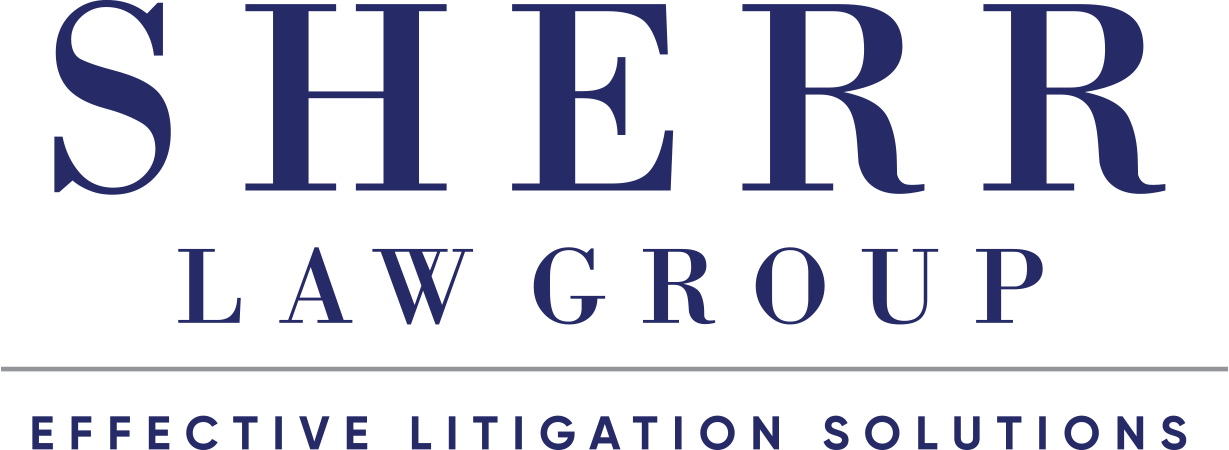When an insurance company faces a bad faith lawsuit, the timeline of the legal proceedings can be a major concern. As an insurance defendant, understanding the duration of a bad faith lawsuit is crucial for managing resources, planning strategies, and preparing for potential outcomes.
In this blog, we’ll discuss the various stages of a bad faith lawsuit and provide insights into how long each stage typically takes from the perspective of an insurance defendant.
Understanding Bad Faith Insurance Lawsuits
A bad faith insurance lawsuit is a legal action brought against an insurance company when an insured individual or entity alleges that the insurer has acted in bad faith. This typically involves claims that the insurer unreasonably denied or delayed payment of a valid claim. These lawsuits are multifaceted and complex, often requiring in-depth legal analysis, thorough investigation of factual disputes, and consideration of potential damages.
At the heart of such lawsuits are allegations that the insurance company breached its duty to act fairly and in good faith towards its policyholders. This breach can take various forms, including failure to properly investigate claims, unjustified denial of coverage, unreasonable delays in processing claims, or offering inadequate settlement amounts.
Initial Case Evaluation and Filing
A bad faith insurance lawsuit often begins with the initial evaluation of the case by the plaintiff and their legal representatives. Once the decision to proceed with a lawsuit is made, the plaintiff files a complaint against the insurance company, initiating the legal process. This stage typically takes a few weeks to a couple of months, depending on the complexity of the case and the efficiency of the plaintiff’s legal team.
Service of Process and Response
After the complaint is filed, the insurance defendant is served with a copy of the lawsuit and has a specified period, usually around 20-30 days, to respond. The response typically includes an answer to the allegations raised in the complaint and may also assert affirmative defenses. This stage is crucial for the insurance defendant to formulate their legal strategy and begin preparing their defense. The duration of this stage can vary but generally takes a few weeks.
Discovery Phase
The discovery phase is one of the most time-consuming stages of a bad faith insurance lawsuit. During this phase, both parties exchange relevant information, documents, and evidence related to the case. This may include requests for documents, interrogatories, depositions, and other forms of discovery. The duration of the discovery phase can vary greatly depending on the case’s complexity, the volume of evidence involved, and any disputes that arise during the process. In complex bad faith lawsuits, discovery can take several months to a year or more to complete.
Motion Practice
Throughout the lawsuit, both parties may file various motions with the court to address legal issues, procedural matters, or evidentiary disputes. These motions can include motions to dismiss, motions for summary judgment, motions to compel discovery, and others. The duration of motion practice can vary depending on the complexity of the issues involved and the court’s schedule. Some motions may be resolved relatively quickly, while others may require extensive briefing and oral argument, leading to delays in the litigation process.
Mediation and Settlement Negotiations
Many bad faith insurance lawsuits ultimately end in settlement rather than proceeding to trial. In some cases, the parties may engage in mediation or other forms of alternative dispute resolution to resolve the case outside of court. The duration of mediation and settlement negotiations can vary depending on the willingness of the parties to reach a resolution, the complexity of the issues involved, and the availability of mediators or settlement conferences. Some cases may settle relatively quickly, while others may require extensive negotiations over an extended period.
Trial Preparation and Trial
If the case does not settle during pre-trial proceedings, it may proceed to trial. Trial preparation involves finalizing trial exhibits, witness lists, expert testimony, and other aspects of trial strategy. The duration of trial preparation can vary depending on the case’s complexity and the readiness of the parties for trial.
Once trial begins, the duration of the trial itself can vary significantly depending on factors such as the number of witnesses, the complexity of the issues, and the court’s schedule. Trials can last anywhere from a few days to several weeks or even months.
Appeals
In some cases, the outcome of a bad faith insurance lawsuit may be appealed by one or both parties. The appeals process can add additional time to the overall duration of the case, as appellate courts review the trial court’s decisions for legal errors or other grounds for reversal. The duration of the appeals process can vary depending on the complexity of the issues raised on appeal and the backlog of cases in the appellate courts.
The Importance of Skilled Counsel
During a bad faith insurance lawsuit, skilled legal counsel plays a pivotal role in protecting the interests of insurance defendants. Experienced attorneys possess in-depth knowledge of insurance laws, regulations, and litigation strategies, enabling them to navigate the complexities of the legal process effectively. They can assess the merits of the case, develop strong defense strategies, and advocate vigorously on behalf of their clients.
Additionally, skilled legal counsel can help insurance defendants understand their rights, obligations, and potential liabilities, empowering them to make informed decisions throughout the litigation process.
By retaining experienced attorneys, insurance defendants can mitigate risks, improve their chances of a favorable outcome, and safeguard their reputation and financial interests. In a high-stakes legal battle like a bad faith lawsuit, having skilled legal counsel by your side can make all the difference in achieving a successful resolution.
Philadelphia Insurance Defense Lawyers
The duration of a bad faith insurance lawsuit can vary widely depending on numerous factors, including the complexity of the case, the availability of court resources, and the willingness of the parties to engage in settlement negotiations.
As an insurance defendant, it’s essential to work closely with experienced legal counsel to navigate the various stages of the litigation process effectively and work towards a favorable outcome. By understanding the typical timeline of a bad faith lawsuit and being prepared for each stage of the process, insurance defendants can better manage the challenges and uncertainties inherent in these types of cases.
In navigating the intricate landscape of a bad faith lawsuit, Sherr Law Group stands ready to provide comprehensive legal support and strategic guidance. With our seasoned team of Philadelphia civil litigation attorneys, we offer unparalleled expertise in protecting the interests of insurance defendants. Trust us to navigate the complexities of a bad faith lawsuit against your insurance company, advocate vigorously on your behalf, and work tirelessly towards a favorable resolution.
Don’t face the challenges of a bad faith lawsuit alone. Contact Sherr Law Group today for trusted legal counsel.



